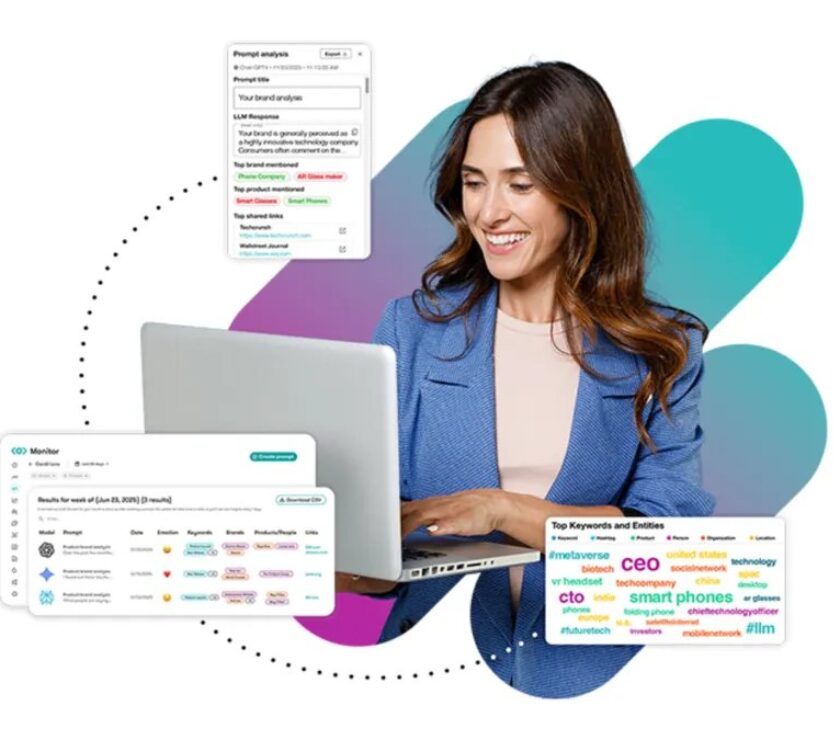In the rapidly evolving world of mobile operating systems, Google’s Android 16 has introduced a vexing issue for users attempting to install Google Play System Updates, a problem that underscores broader challenges in software deployment and ecosystem stability. Reports from Pixel device owners and other Android users indicate that updates are failing repeatedly, often displaying error messages or reverting to previous versions, leaving devices stuck on outdated security patches. This glitch, emerging shortly after Android 16’s rollout, highlights the complexities of modular updates designed to enhance security without full OS overhauls.
The issue appears tied to compatibility hiccups between Android 16’s architecture and the Play System’s backend, affecting not just Google’s own Pixel lineup but also devices from manufacturers like Samsung. Users have described scenarios where the update downloads successfully but fails during installation, prompting a “Failed” notification and no progress on critical features like improved app permissions or bug fixes.
Persistent Failures and User Frustrations Amplify Calls for Swift Resolutions from Google
Community forums and support threads are ablaze with complaints, painting a picture of widespread disruption. On platforms such as Reddit’s r/GooglePixel, users report being trapped on the May 2025 Play System version despite multiple attempts to update to June or later, with some experiencing app update stalls as a ripple effect. One thread from early July details a Pixel 9 Pro owner on Android 16 QPR1 Beta encountering consistent failures, echoing sentiments in official Google support communities where phased rollout explanations fall short of addressing the core bug.
Further complicating matters, this isn’t an isolated incident; historical patterns show similar Play System glitches in prior Android versions, but the scale here seems amplified by Android 16’s ambitious features like enhanced privacy controls. Industry observers note that while Google has acknowledged the problem, the lack of an immediate fix raises questions about testing rigor in beta-to-stable transitions.
Google’s Response and the Broader Implications for Android’s Modular Update Strategy
In a statement covered by 9to5Google, Google confirmed it’s actively working on a patch for devices on Android 16 and its QPR1 variant, where Play System updates are failing across Pixel models. The company attributes the issue to a server-side mismatch, promising a resolution in upcoming releases, though no specific timeline was provided, leaving users in limbo amid potential security vulnerabilities.
This development comes at a time when Android is pushing for more frequent, seamless updates to compete with iOS’s polished ecosystem. Sources like Android Authority have documented related Android 16 bugs, including slow device wake-ups, suggesting a pattern of post-launch refinements that could erode user trust if not addressed promptly.
Industry-Wide Ramifications and Lessons for Future Deployments
For industry insiders, this bug serves as a case study in the pitfalls of decoupled update mechanisms, where Play System changes—intended for quick security infusions—can falter due to OS dependencies. Reports from German publication Android User highlight similar woes among Samsung users, indicating the problem transcends Google’s hardware and points to ecosystem-wide synchronization needs.
As competitors like Apple tout flawless update experiences, Google’s handling of this issue will be scrutinized. Experts suggest bolstering pre-release testing with diverse device pools to mitigate such failures, potentially incorporating AI-driven diagnostics for faster bug detection. Meanwhile, affected users are advised to monitor official channels for the fix, with some resorting to sideloading updates—a risky workaround that underscores the urgency for official intervention.
Looking Ahead: Strengthening Android’s Reliability in a Competitive Market
Ultimately, resolving the Play System update failures could reinforce Android’s modular advantages, allowing for nimbler responses to threats without disrupting user experience. Yet, as detailed in forums like Android Central, persistent issues risk alienating loyal users, particularly in enterprise settings where security is paramount.
Google’s track record of iterative improvements offers hope, but this episode reminds stakeholders of the delicate balance between innovation and reliability in software engineering. With Android 16 positioned as a leap forward in user-centric features, ironing out these kinks will be crucial to maintaining momentum in the fiercely contested mobile arena.
Subscribe for Updates
Help us improve our content by reporting any issues you find.
Get the free daily newsletter read by decision makers
Get our media kit
Deliver your marketing message directly to decision makers.

